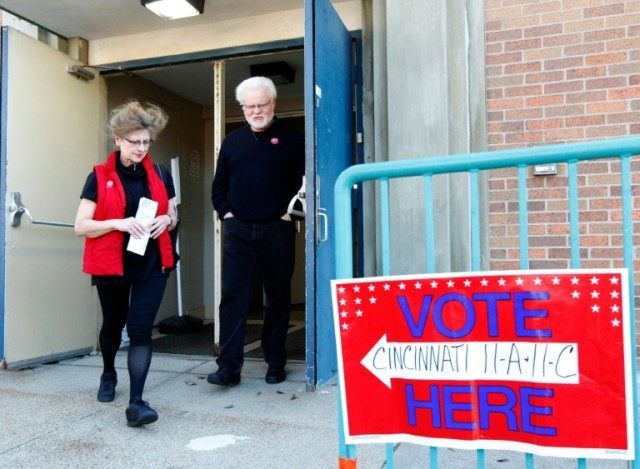One might think that everyone wants integrity in elections. That, as you know, is naïve, as events in Ohio and other states demonstrate. We were encouraged last week, however, when the U.S. Supreme Court granted certiorari and agreed to hear a case related to Ohio’s efforts to maintain accurate voting rolls.
The citizens of Ohio may yet see their right to clean and fair elections upheld. Clearly, dirty election rolls can mean dirty elections. We hope that the Supreme Court will reverse the Sixth Circuit decision and allow Ohio to more easily remove ineligible names from its voter registration lists.
Judicial Watch filed an amicus curiae brief in the U.S. Supreme Court supporting Ohio’s efforts to ensure that its voter rolls are up to date. The case was on appeal from the United States Court of Appeals for the Sixth Circuit, which held that Ohio’s process is in violation of the National Voter Registration Act of 1993 (NVRA) (Jon Husted, Ohio Secretary of State v. Philip Randolph Institute, et al. (No. 16-980)).
Our amicus brief argues that the Sixth Circuit ruling would adversely affect its settlement agreement with Ohio were it allowed to stand:
In January of 2014 the parties settled the lawsuit, agreeing to terms for Ohio to perform certain NVRA Section 8 list maintenance practices through November 2018. A key provision of this Settlement Agreement was Ohio’s agreement to perform an annual list maintenance “Supplemental Mailing” to voters who had no contact with Ohio’s election offices in two years. The Settlement Agreement required Ohio to send the Supplemental Mailing every year, whereas Ohio had previously been sending the mailing every two years. The Supplemental Mailing portion of the Settlement Agreement was so important to the parties that they subsequently negotiated an amendment solely to give Ohio greater flexibility over which month of the year to initiate the Supplemental Mailing.
Judicial Watch never would have agreed to the Settlement Agreement with Ohio and dismissed its lawsuit if it believed that the Supplemental Mailing was legally impermissible. If the Sixth Circuit’s ruling in this case is allowed to stand, this key provision of Judicial Watch’s Settlement Agreement could be voided.
Judicial Watch Attorney Robert Popper, the director of our Election Integrity Project, joined with five other former attorneys of the Civil Rights Division Attorneys of the Justice Department to file an amici curiae brief in the Husted case.
That the Supreme Court agreed to hear the Ohio election integrity dispute is a great sign because it shows that the Supreme Court has noticed and cares about the issue and also because it means there is a fair chance now for the Sixth Circuit’s flawed ruling to be reversed on appeal. You can bet Judicial Watch will continue to brief the High Court on the importance of election integrity laws as this appeal proceeds.

COMMENTS
Please let us know if you're having issues with commenting.